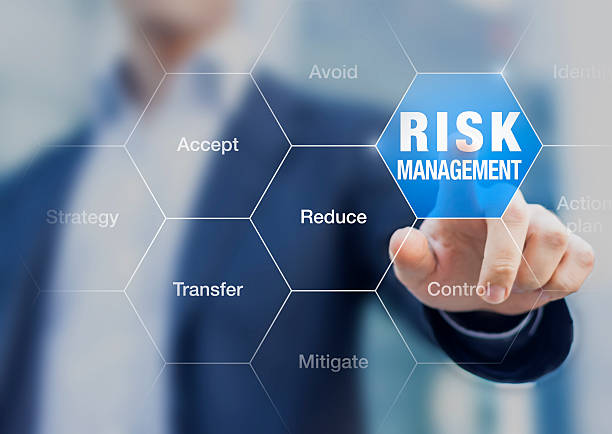
Every project, small or large, strategic or tactical, by definition has some degree of uncertainty and risk. The newer or more unique the project, the greater the uncertainty and therefore the greater the number of risks. The more strategic the project, the greater the impact of the risks. As project manager, your job is not only to proactively identify these risks, but above all to manage them and minimise their impact. By detecting, analysing and managing the risks within your projects, you guarantee the success of your project portfolio. In this course you will learn:
- Identify and manage the risks of your project.
- Techniques and methods to minimise the risk of your projects.
- Manage risks qualitatively and quantitatively.
Our approach
- This training consists of 2 (consecutive or non-consecutive) training days.
- The training offers a mix of theoretical underpinning and practical exercises.
- Each participant should preferably have a project as a project leader or project team member.
- The training offers the opportunity for experience exchange with other participants.
- The learning experience is supported and enhanced by the use of an online learning platform.
- A training certificate can be provided.
What can you expect ?
- This course has been specially developed for project managers and leaders who are responsible for the risk management of their projects. The theory and practical examples provided are applicable in various types of projects, both technical and non-technical.
- At the end of this 2-day programme, you will have a broad overview of the various possibilities and their scope. In this way, you can not only perfectly assess the risks of your project(s), but also manage and - if desired - avoid them.
- The programme consists of 8 modules covering the various topics.
Programme
Module 1: Introduction to projects, project management and risk management
- Introduction to project management.
- The project management process flow : the life cycle or project phases of the project.
- Delineating and defining a project
Module 2: Introduction to risk management
- The concept of risk (versus critical success factors)
- The concepts of risk analysis and risk management
- The usefulness and purpose of risk assessments
Module 3: Risk management planning
- Methodology - process
- Involved parties: roles and responsibilities
- Budgeting and timing
- Risk categories
Module 4: Risk identification (positive and negative risks)
- Information gathering techniques
- Analysis/diagram techniques
- Risk register
Module 5: Qualitative & quantitative risk analysis
- Use of the Probability-Impact Matrix
- Categorisation of risks
- Probability distribution
- Decision tree analysis
- Simulation models
Module 6: Managing risks in a planned way
- Strategies to deal with risks (incl. progressive freeze, multipath, aggressive scheduling, ...)
- Integration of risk management into project management strategy
Module 7: Monitoring and processing risks
- Risk reviews and audits
Module 8: Techniques & methods (with practical examples)
- Hazard Analysis
- SWIFT
- FMEA (Failure Modes and Effects Analysis)
- Fault Tree Analysis; Cause & Effect Analysis
- SOBANE (Screening, Observation, Analysis, Expertise)
- KINNEY (quantification of risks & formulation of corrective measures)
Location
Digital or on site
Infobrochure
Risk Management in Project Management
(224.48 KB)
Inschrijving open?
Ja

